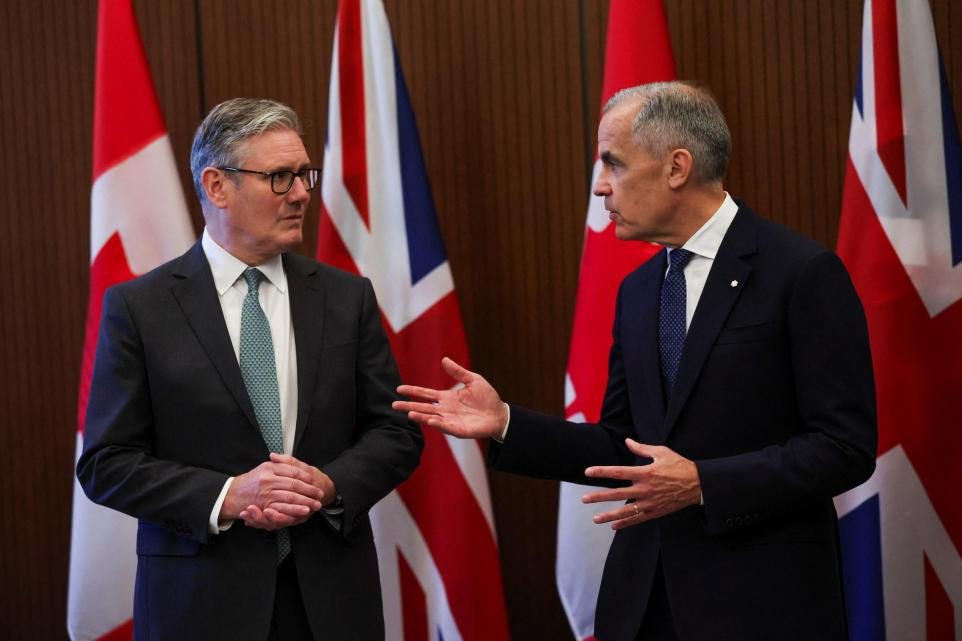
Canada has committed to ratifying Britain’s membership in the Comprehensive and Progressive Agreement for Trans-Pacific Partnership (CPTPP) following discussions between Prime Minister Sir Keir Starmer and Canadian Prime Minister Mark Carney in Ottawa.
The Canadian government plans to introduce parliamentary legislation this autumn to formally approve Britain’s entry into the trade bloc. While the UK joined the CPTPP in 2024, both Canada and Mexico have yet to complete the ratification process, preventing British exporters from accessing promised tariff-free benefits in these markets.
The CPTPP encompasses eleven member nations, including Australia, Brunei, Chile, Japan, Malaysia, New Zealand, Peru, Singapore, and Vietnam, representing a combined GDP of £12 trillion, according to government estimates. The agreement reduces import duties and trade barriers across financial services, manufacturing, and food and beverage sectors.
During bilateral talks at Parliament Hill on Sunday, both leaders addressed the suspended UK-Canada free trade negotiations that stalled under the previous Conservative government due to disagreements over agricultural products, particularly beef and cheese regulations.
A joint task force will be established to advance cooperation in technology and artificial intelligence sectors, supporting economic growth and national security objectives. The task force will also work toward completing the broader UK-Canada Free Trade Agreement that has faced obstacles over food standards disputes.
Previous negotiations encountered difficulties when Canadian agricultural interests raised concerns about Britain’s prohibition on hormone-treated beef imports and increased tariffs on British cheese products. The current government maintains its position on food safety standards, consistent with recently concluded agreements with other trading partners.
The meeting followed informal discussions over dinner and a visit to a local pub where both leaders watched ice hockey. These talks demonstrate diplomatic engagement ahead of the G7 summit in Kananaskis, where global security and economic issues will be addressed.
Both countries have established an AI safety partnership linking the Canadian AI Safety Institute with the UK AI Security Institute to enhance collaboration on artificial intelligence governance and security measures.
Speaking at the meeting’s opening, Starmer emphasized the longstanding partnership between the two Commonwealth nations as independent, democratic countries collaborating on security, defense, and economic matters. He highlighted the importance of continued cooperation in current global circumstances.
Carney described the relationship as built on shared history, values, and governance structures, noting Canada’s parliamentary system draws from Westminster traditions. He emphasized future prosperity through artificial intelligence development, critical mineral partnerships, and enhanced security cooperation.
The Canadian Prime Minister expressed personal admiration for Starmer’s leadership approach and the values his government represents both domestically and internationally.
Following the Ottawa discussions, Starmer traveled to Kananaskis in the Canadian Rockies for G7 summit meetings with leaders from major world economies. The agenda focuses on escalating Middle East conflicts and the ongoing war in Ukraine, with Ukrainian President Volodymyr Zelensky expected to participate.
Recent Iranian strikes on Israel have prompted calls for restraint and de-escalation, which Starmer plans to emphasize during summit discussions. The Prime Minister has characterized current times as requiring Britain to forge strategic paths amid global instability.
Trade negotiations with the United States remain active, with Starmer indicating completion is in the final stages. He has cultivated relationships with G7 counterparts and expressed satisfaction with diplomatic progress across multiple fronts.
The summit includes bilateral meetings with various leaders, including Italian Prime Minister Giorgia Meloni, where migration and global security topics were discussed. Additional talks are planned with US President Trump, French President Emmanuel Macron, and German Chancellor Friedrich Merz.
Britain’s recent economic agreements with India, the United States, and the European Union reflect efforts to diversify trading relationships and address potential challenges from changing international trade policies.
The government views these developments as part of a broader strategy to strengthen Britain’s economic position through enhanced partnerships with democratic allies while navigating complex international diplomatic relationships.





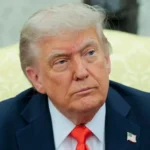

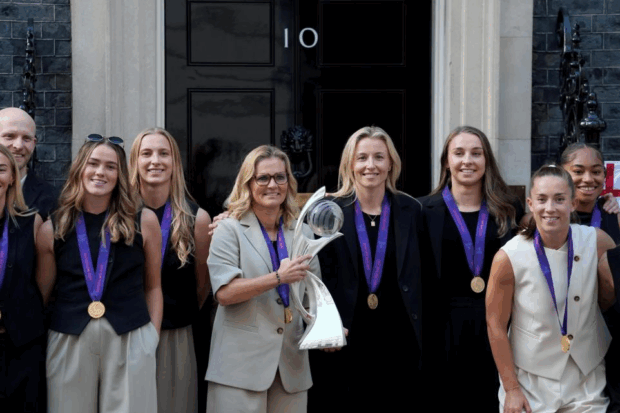


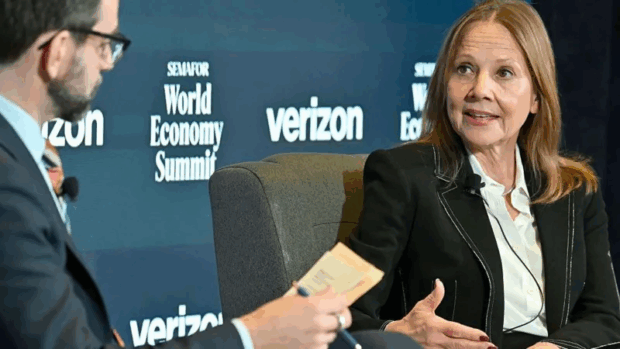
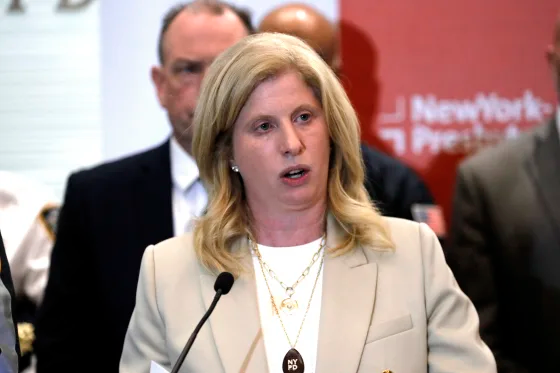





Be the first to leave a comment